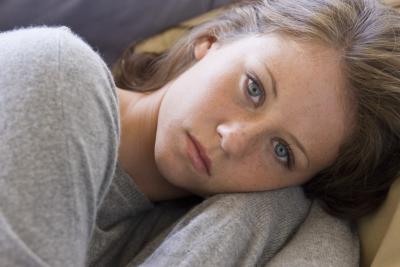While a little bit of depression is almost characteristic of teenage hood, some teens suffer from a medical condition that makes their bouts of depression and rebounding fits of mania even more severe. Teens who struggle with manic depression are not capable of handling many of the minor issues that traditionally fill the teenage years. If you notice that your teen’s upset is not fleeting, but instead more severe than most, he may be a manic depressive sufferer.
Manic Depression and Bipolar Disorder
Among the most commonly discussed mental disorders are manic depression and bipolar disorder; however, many fail to realize that these two conditions are one in the same. Bipolar disorder is the contemporary name for the classic condition known as manic depression. Sufferers from this disorder experience higher than normal highs followed by lower than normal lows, resulting in potentially uncontrollable moods that swing back and forth with little provocation.
Prevalence
Manic depression impacts approximately 1 in every 100 people, reports the Great Ormond Street Hospital. Most sufferers from this mood disorder begin experiencing symptoms during teenage years or young adulthood; however, some start to see symptoms as early as childhood.
Symptoms
Diagnosing manic depression in teens often proves difficult, as many of the symptoms for which doctors look are quite similar to general teenage mood swings. As the National Institute of Mental Health reports, the most telling symptoms of manic depression are difficulty sleeping, increased willingness to do risky things, feelings of guilt or worthlessness and thoughts of death or suicide. Teens who suffer from manic depression may also be more likely to talk about sex than their same age peers or frequently complain of stomach or headaches.
Causes
Manic depression is often hereditary, reports the Great Ormond Street hospital. However, even if there is no manic depression in the family, teens can still develop the condition. Childhood trauma may also increase the likelihood of teenage onset manic depression as abuse at a young age can have a lasting impact on the young mind.
Treatment
There is no cure for manic depression, but with treatment, many teens and adults can handle the disorder. As the National Institute of Mental Health reports, the most effective manic depression treatment plans are ones that include a combination of medication and therapy. Generally, doctors begin treatment of this disorder by prescribing small amounts of medication, gradually increasing the dosage until they find the perfect level. They also often require that the patient receive some talk therapy to work through underlying issues that may contribute to, or exacerbate, the symptoms of depression that accompany this disorder.





